I first heard Fela as a teenager in Kenya, when his song Lady was popular. Later I listened to more of his music – mostly in Boston where Prof Victor Manfredi, a linguist of Yoruba, was teaching and I was doing my MA in creative writing. Victor would have us over for beer, goat and Fela. Years later I was in Lagos for the Ake book festival and the first night stop was The Shrine, the famous venue started by Fela where people could listen to him for free. It was almost like the whole of Lagos was there to drink palm wine, smoke weed, listen to and dance to music. It’s like Woodstock festival – only at the Shrine it happens every night.
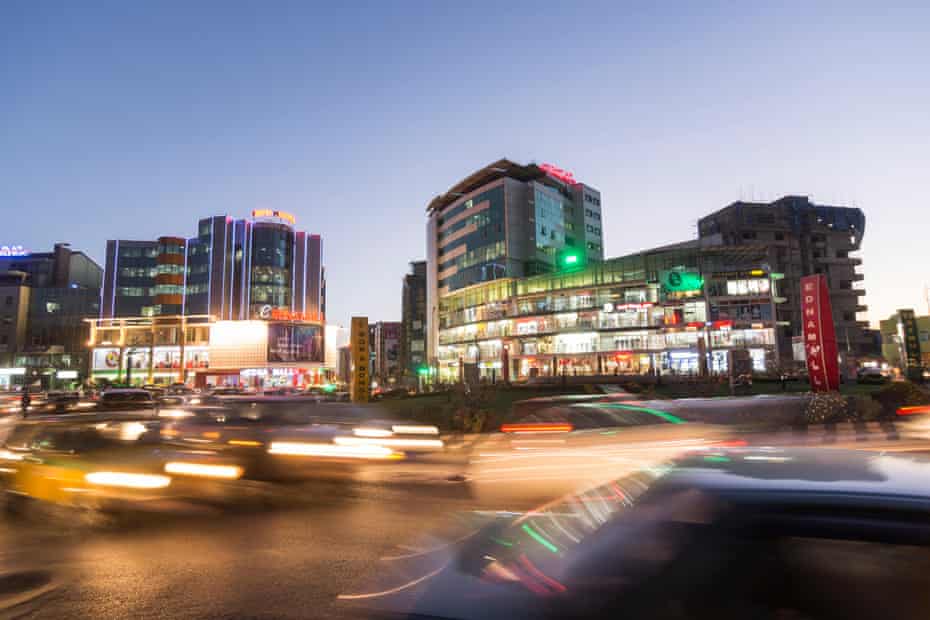
I have spent years obsessively listening to this song. It is the imaginative backbone to my new novel, Unbury our Dead with Song, which is about four Tizita musicians competing to see who can sing the best Tizita (a form of Ethiopian blues). It is 2018, I am in Addis Ababa at the Mesafent club with my friends and the Tej honey beer is flowing freely. Mandingo, himself a great Tizita musician, happens to be in the audience and is invited by the band to come up and sing. When he starts, the talking stops, the dancing couples and friends sit down and we all just listen. This is the magic of the Tizita. As one of my characters says, “The Tizita is a people’s soul.”
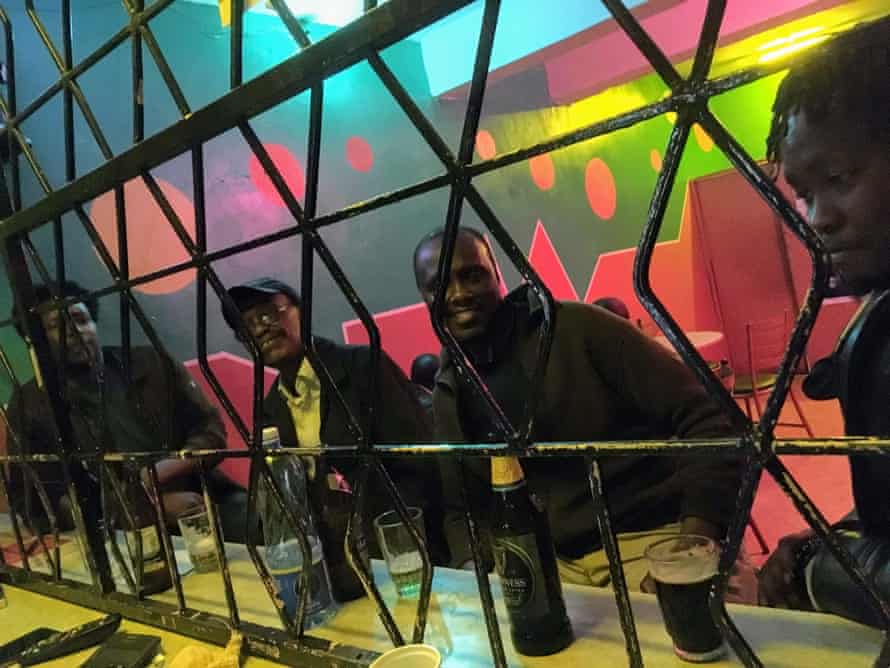
This is an epic Gikuyu love song: the title translates as only death will separate us. Joseph Kamaru is Kenya’s Bob Dylan. The song is about a groom trying to make it to his bride-to-be while violent resistance to British colonialism by the Kenya Land Freedom Army (Mau Mau) is raging. The song evokes my home town, Limuru, best known for having a lot of donkeys and producing my father, the writer Ngugi Wa Thiong’o. Limuru is beautiful in that Kenyan, small, rough town way: dusty when it is not muddy, haphazard brightly coloured buildings and the smell of nyama choma (roast meat). What I love most is visiting the little bars, juke joints with music blaring Kamaru, the loud political arguments, occasional fights followed by drunken hugs and the laughter. The best nyama choma is at Wakari’s bar and restaurant by Limuru market.
Malaika by Fadhili William
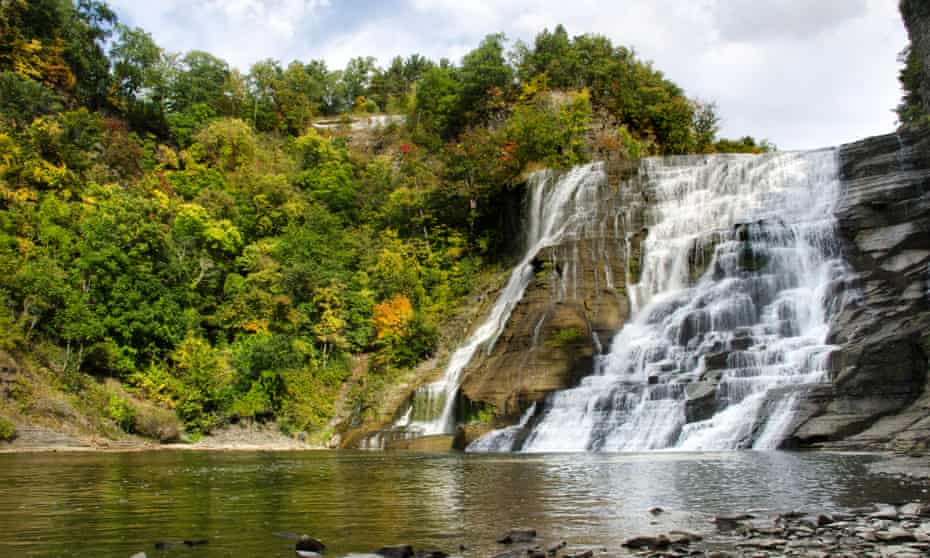
I have known Malaika (1968) by Fadhili Williams all my life. It takes me back to many homes: I have listened to it, played it, and had it played to me in pretty much all the spaces I’ve visited or lived in. Let’s call it, to use a toddler’s term, my blankie. When I close my eyes now, I can see images of all the places I have been – but the one that shines brightest right now is Ithaca, New York, home town to Cornell University where I teach, known for its awe-inspiring waterfalls and gorges. But ultimately, Home is where Malaika is. In the early 1990s my family and I visited him in a high-rise building in Newark, New Jersey. He was not doing well at all financially in spite of his song having enriched others.

I knew of this song long before I visited South Africa. In my undergrad years my two good friends were anti-apartheid exiles who had seen so much before they got to Albright College in Reading, Pennsylvania. We would have parties and each night this song would play several times. In 2017 I was in Johannesburg for the city’s book fair. One night, the last time I was to see fellow writer and friend Binyavanga Wainaina alive, he took me and other writers to a rooftop party. The electricity was down in the half of the town but there was enough energy in the crowd that night to turn itback on. I could see the song in the young crowd – hip, fast-moving, political and with their fingers on the pulse of the country.

There are some things that can happen only once in your life. I am in Tanzania’s capital, Dar es Salaam for the Mabati Cornell Kiswahili prize for African Literature in 2017. It is about 3am and me and my friend decide we should go check out the nightlife. We get into a cab and keep asking the driver for a spot where we can listen to live music. But he knows of no place that is open – but we insist. He drives us to a mosque – it is full of families, on the stage and around it. I learn that it’s Eid al-fitr, the break of Ramadan. And we listen to the most amazing taarab music. Dar es Salaam is the only city I have visited where it feels like the ocean is all around it, where even the slightest breeze carries the Indian Ocean and no matter how deep into it you go, the water is only a few feet away. And the taarab music tugs gently and deeply, the ebb and flow.
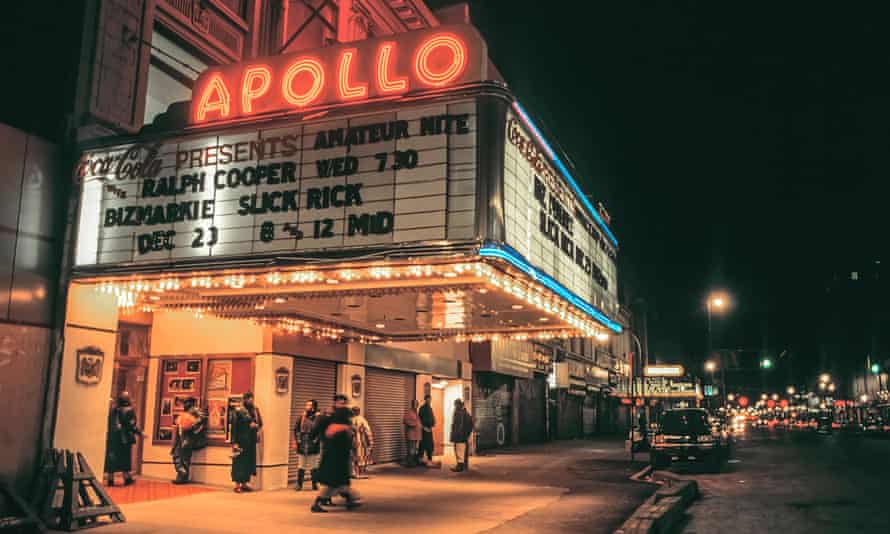
As a child growing up, we listened to this album all the time. I was born in Evanston, Illinois, but grew up in Kenya until I was 19 and came back to the US for college. My first trip to NYC was in the summer of 1990. I visited all the touristy places, but it was in Harlem where the energy was, plus it was so much like home, all that blackness after a few months of whiteness. A must-visit spot is the Shrine, inspired by Fela Kuti’s music space in Lagos. The last time I was there was 2019 and on that night there was an Ethiopian musician doing Elvis Presley covers. Eventually he did a Tizita but let’s just say he was nowhere as good as the Mandingo in Addis.
The Heathen by Bob Marley
Like Kamaru, Bob Marley is an artist I have known all my life – and with both of them, the more you listen, the more you will hear. I eventually found myself in Jamaica for the Calabash International Literary festival at Treasure Beach. Having lived in the US for so long, it was good to be in a space where my blackness gave me intimacy instead of automatic suspicion. The best part of it was going for morning runs away from the beach and tourist trappings and passing by rural homes. Bob Marley is everywhere, always on radios and music systems. When I was writing my Tizita novel I listened to this song obsessively. It’s militant, for sure, but when you listen underneath it, you hear anguished love and hope.
Saa Magni by Oumou Sangaréb
In 2007 I visited Mali. In a small hotel bar in Sélingué, the band was playing Malian blues. If you listen to music well it’s like learning a language – you might not speak it, but you connect through it. It was in driving from Bamako to Sélingué that I could see Oumou’s music and hear the sound, movement from city to country. The most universal of things, people loving, eating, selling goods along the roadways, the heat, the dessert and then the oasis that was Sélingué. Sélingué has an artificial dam that looks like a lake. It is a place of sublime beauty. Listening to Oumou also transports me back to 2002 when I met my wife. She had been to Mali to learn to play the balafon and she made me a CD of Malian music.
Lucille by Kenny Rogers
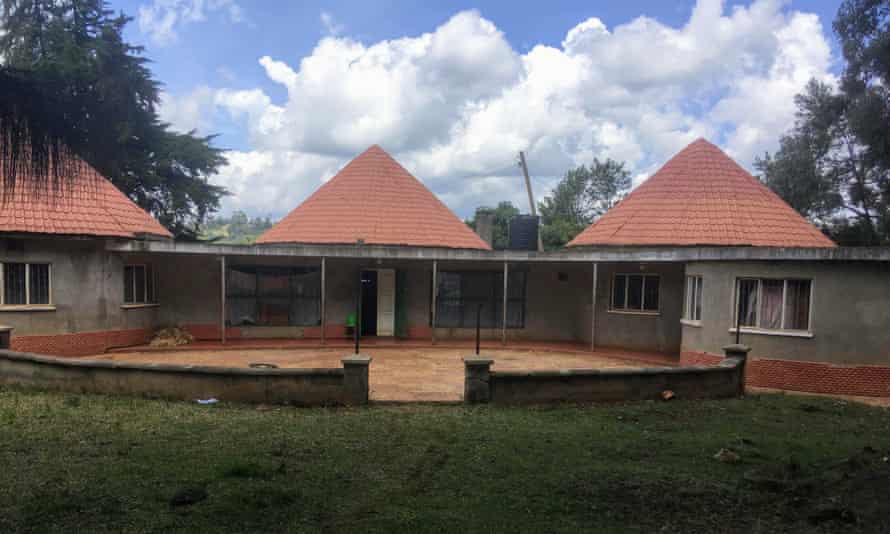
Kenny Rogers has been a guilty pleasure at different points in my life – but not when I am in Kenya where I grew up listening to him and country music in general. One day, I must have been about nine, I asked my elder brother, “Kimunya, why do we love country music so much?” His answer was seared into my memory: “We love stories, and they are telling stories.” Now, whether I’m writing a scholarly article or fiction, I tell myself I am telling a story. But imagine this, a time of the Moi dictatorship and the repression, and a bunch of high-school kids listening and singing along to Kenny and Dolly Parton, in Limuru. Sometimes a song helps us travel out of a place.
Mukoma Wa Ngugi is an associate professor of literatures in English at Cornell University and the author of Unbury our Dead with Song (Cassava Republic Press, £11.99)





